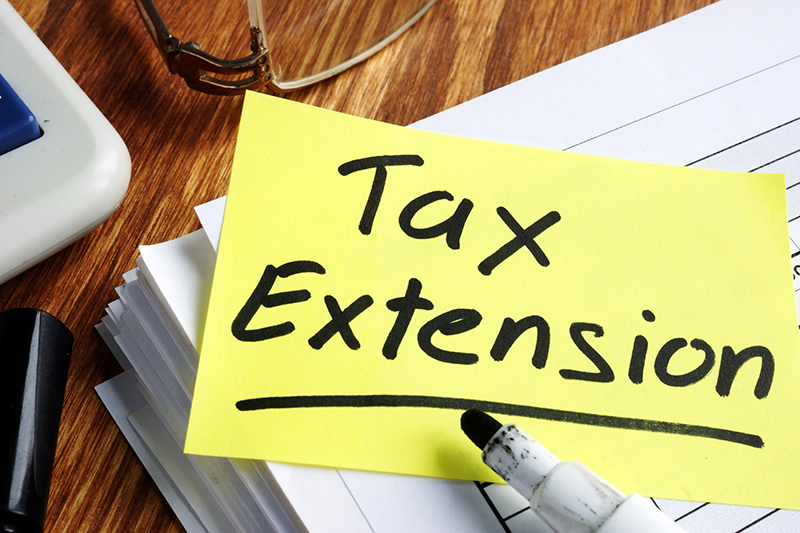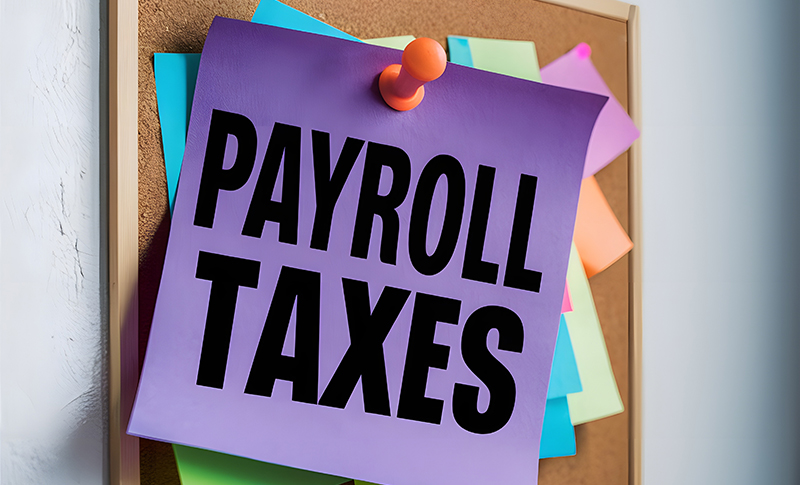An extension to file is not an extension to pay your tax!
May, 01 2018 by Selena Quintanilla, CTEC
In order to avoid a failure-to-pay penalty, it’s important to file your tax return by the filing deadline − even if you can’t pay what you owe in full. This is because an extension to file is just that: an extension to file your tax return, not an extension to make payments toward a tax liability.
While this year’s tax deadline has come and gone, below are some tips to keep in mind for future tax seasons.
Be prepared. If you generally enlist help from a tax professional, this could be as simple as sitting down with them to discuss your projected tax liability. If you self-prepare, most tax software companies provide online tax calculators free of charge. An estimate, however rough, will provide you with an idea of how much you should start saving or having withheld from your paychecks today.
File by the deadline and pay as much as possible. If you have the required documentation and are ready to submit a completed tax return, you are encouraged to do so. Additionally, if you can afford even a minuscule payment toward your liability, you should pay what you can. The IRS accepts payment by phone, check, money order, or online.
Pay the tax with a credit card. If you have the funds available on your credit card, you can choose to pay your tax via this method. A bank or credit union may charge less in interest and fees than the IRS – be sure to take a moment to compare the rates!
Take advantage of the IRS Online Payment Agreement tool. The IRS encourages you to initiate a payment plan prior to receiving a billing statement. Payment plans can be set up on the IRS website, via their Online Payment Agreement tool. An Installment Agreement Request can also be filed with a completed tax return, and a direct debit agreement can be elected to eliminate the necessity of sending a check each month.
Don't disregard a tax bill. Dismissing communication from the IRS is one of the most damaging actions you can take. Failure to respond to contacts from the agency may end in the IRS taking collection action against you. You or your representative can call the number listed on the tax bill to discuss available billing options. Speaking to an examiner may be uncomfortable, but the IRS is generally willing to work with taxpayers suffering from financial hardship.
If the you have any concerns regarding your tax bill, you can exercise your right to retain representation. It’s a good idea to consult with a professional before agreeing to pay money you are not sure you owe.





